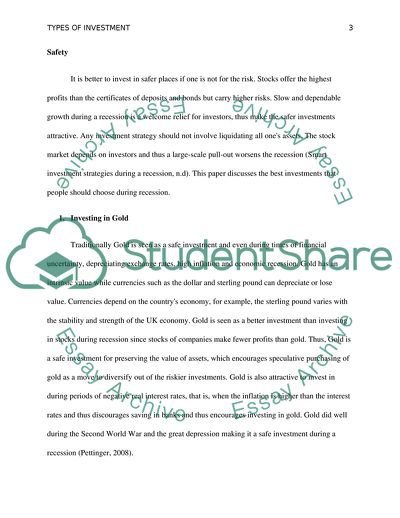Cite this document
(What is types of investment should people choose during a recession Term Paper, n.d.)
What is types of investment should people choose during a recession Term Paper. https://studentshare.org/macro-microeconomics/1833988-what-is-types-of-investment-should-people-choose-during-a-recession
What is types of investment should people choose during a recession Term Paper. https://studentshare.org/macro-microeconomics/1833988-what-is-types-of-investment-should-people-choose-during-a-recession
(What Is Types of Investment Should People Choose During a Recession Term Paper)
What Is Types of Investment Should People Choose During a Recession Term Paper. https://studentshare.org/macro-microeconomics/1833988-what-is-types-of-investment-should-people-choose-during-a-recession.
What Is Types of Investment Should People Choose During a Recession Term Paper. https://studentshare.org/macro-microeconomics/1833988-what-is-types-of-investment-should-people-choose-during-a-recession.
“What Is Types of Investment Should People Choose During a Recession Term Paper”. https://studentshare.org/macro-microeconomics/1833988-what-is-types-of-investment-should-people-choose-during-a-recession.


